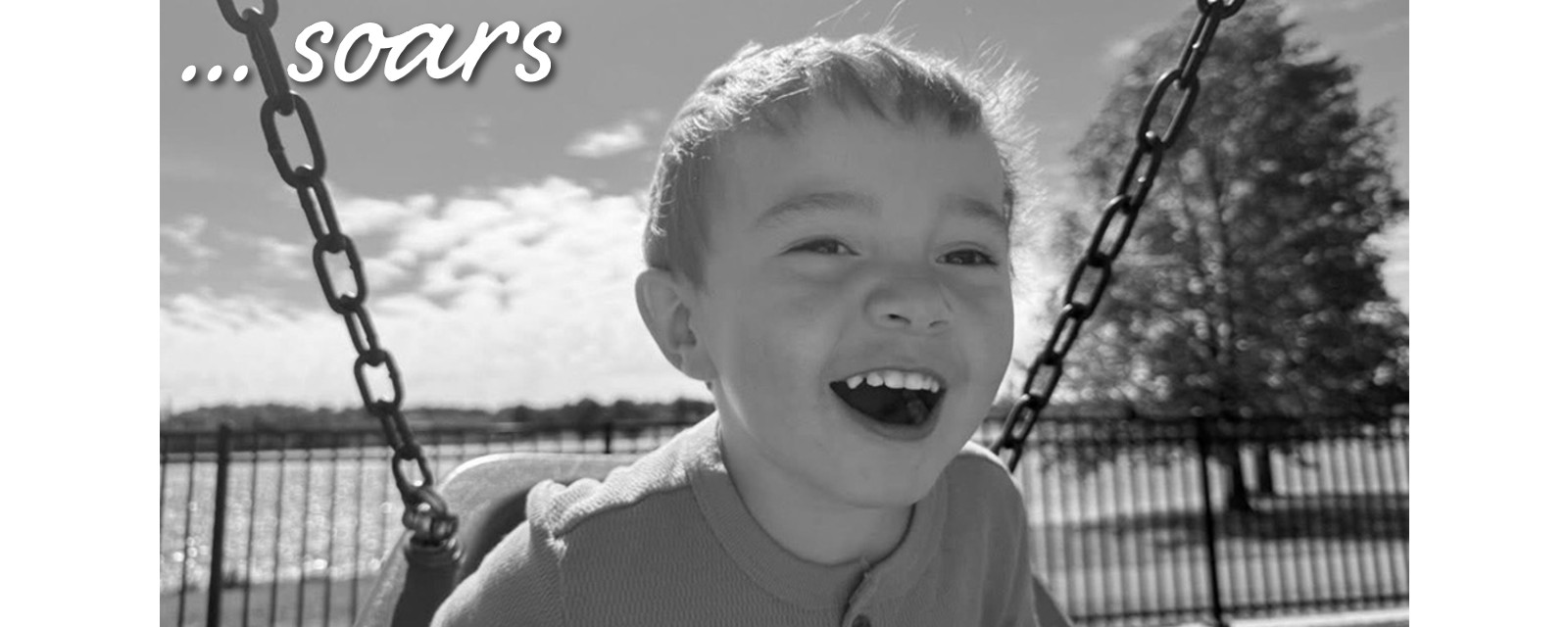
At just 18 years old, Tara Goodwin faced every expectant mother’s worst fear: learning her unborn child might have a serious congenital medical condition.
The beginning: An unexpected challenge
During a routine prenatal appointment at 20 weeks, Tara’s OB/GYN delivered concerning news. Baby Huston was showing markers for a tracheoesophageal fistula (TEF), a rare congenital condition affecting the connection between the trachea and esophagus. For a young woman preparing to become a single mother, this diagnosis felt overwhelming.
“Obviously, panic just set in,” Tara said. “I’m 18 years old. I am doing this by myself. I have my parents, but it’s scary.”
Despite the uncertainty, Tara’s doctor encouraged her to research the condition and prepare for potential complications. This advice would prove invaluable in the hours following Huston’s birth.
Birth and immediate challenges

After Tara’s 20 hours of labor at 39 weeks, Huston arrived. Almost immediately, the signs his mother had researched became apparent — he couldn’t feed without choking. When hospital staff initially dismissed these symptoms as normal newborn behavior, Tara and her mother advocated for further testing, remembering the prenatal warnings about TEF.
Their persistence paid off. Scans confirmed Huston had TEF type C, a complex condition requiring immediate, specialized care. The local hospital quickly recognized the need for a higher level of care, and Huston was transferred to Louisville via the Norton Children’s Hospital “Just For Kids” Transport Team.
Exceptional care at Norton Children’s Hospital
From the moment she arrived with Huston at Norton Children’s Hospital, Tara experienced what she describes as exceptional, comprehensive care. The medical team immediately surrounded her with resources: social workers, case managers, lactation consultants and detailed explanations of Huston’s condition and treatment plan.
“They were constantly explaining, ‘Hey, this is what’s happening. This is what’s going on. We’re here for you. We want to explain things to you,’” Tara said, describing the time in the hospital.
The social worker even created a scrapbook with photos of Huston, providing a sense of normalcy during an incredibly stressful time.
Huston’s surgeon, Stewart R. Carter, M.D., pediatric general surgeon with Norton Children’s Surgery, made a particularly lasting impression. His combination of expertise, transparency and compassion helped ease Tara’s fears about the complex surgery required to repair Huston’s esophagus.
“He sat down; he explained everything. He explained the risks and benefits,” Tara said. “He was very open and straightforward but also comforting. He said, ‘I know this is scary. I know this is hard, but I’m trained to do this. I’m able to fix this.’”
Surgery and recovery
The surgery was a success. Dr. Carter kept in communication throughout the procedure, providing regular updates on Huston’s progress. After surgery, Huston was weaned off the ventilator in less than 24 hours and gradually transitioned from a feeding tube to bottle feeding over the course of about three weeks.
Remarkably, Huston has never developed the complications often associated with TEF repair. Those can include narrowing of the esophagus (strictures) or inhaling liquids into the lungs (aspiration). His recovery exceeded expectations, a testament to both the surgical expertise and comprehensive care he received.
Additional challenges and ongoing care
Huston was discharged from the neonatal intensive care unit after one month, but he has conditions that have required ongoing care. As he grew, the additional conditions emerged, including a 100% tracheal collapse (tracheomalacia), multiple heart issues (most of which resolved naturally) and various other congenital issues affecting his spine and development.
Each new diagnosis brought fresh challenges but also revealed the depth of medical expertise available to Huston and his family. From pulmonology to cardiology to urology, each pediatric specialty provided targeted care while maintaining clear communication with Tara about her son’s needs.
Life today: A thriving toddler

Now 2½, Huston is, in his mother’s words, “just a happy little 2-year-old who looks like any other 2-year-old, plays like the rest of them.” He’s preparing to start preschool, loves soccer and riding his bike, and has a particular fascination with sea turtles.
While Huston continues to require ongoing medical monitoring — including annual testing due to increased acid reflux risk, and various therapy appointments — he’s thriving. His speech development is progressing through therapy, and he’s surrounded by a loving family that includes his mother, her partner and devoted grandparents.
Looking forward
Tara’s perspective on Huston’s medical journey reflects remarkable maturity and optimism.
“I don’t think he realizes that anything is wrong. I think he just goes with the flow,” she said.
Her goal is simple but profound: to give Huston “all the tools I can to be on track with all the other kids when he gets into kindergarten.”
Huston’s story is ultimately one of hope: The hope found in exceptional medical care, in the strength of a young mother’s advocacy and in the resilience of a little boy who continues to exceed expectations every day. To Tara, seeing Huston as “a stubborn toddler” is a joy, especially considering “the beginning was so scary and uncertain.” Today, Huston is living proof that with the right medical care, family support and determination, even the most challenging beginnings can lead to bright futures filled with soccer games, bike rides and dreams of sea turtles.
